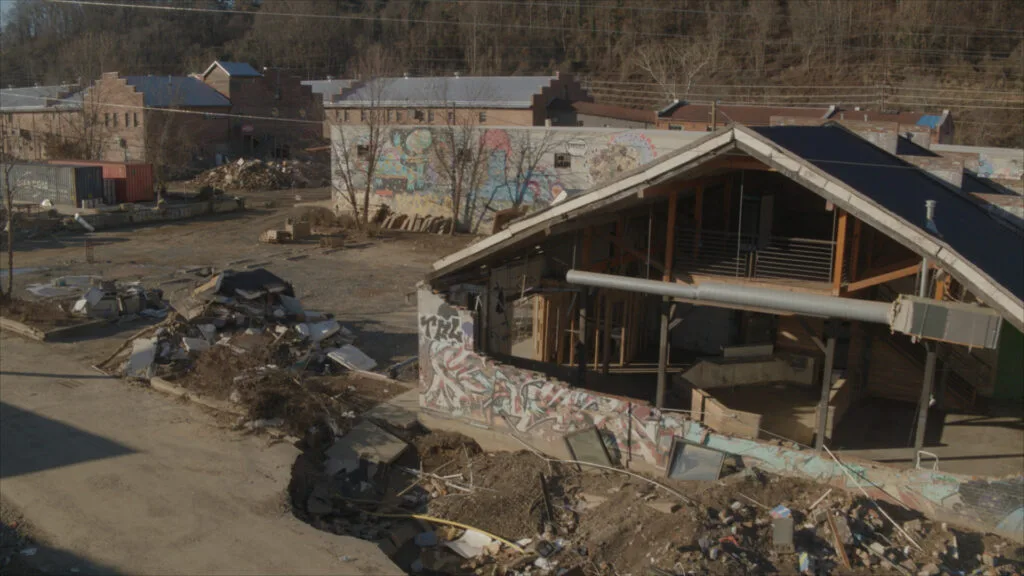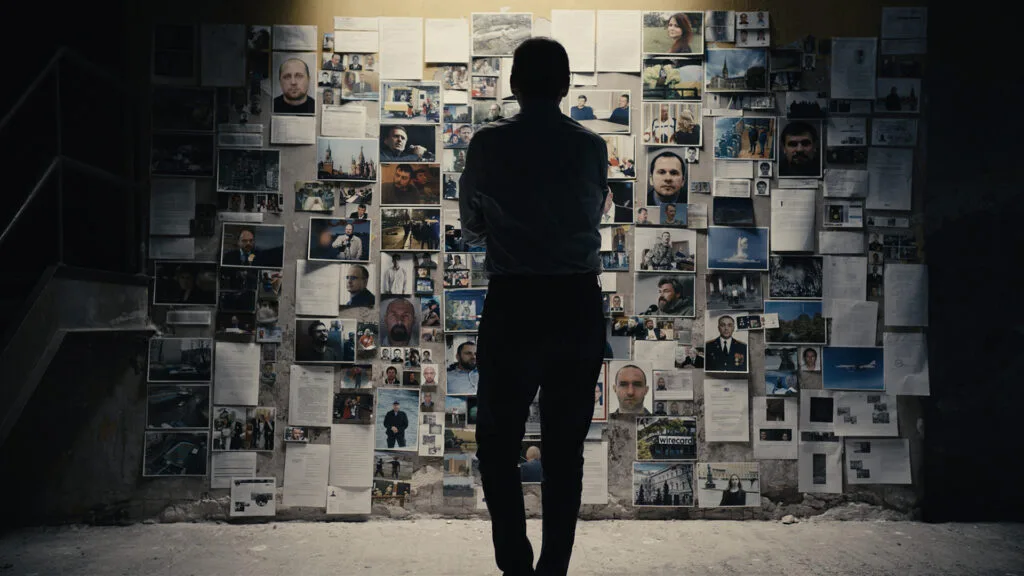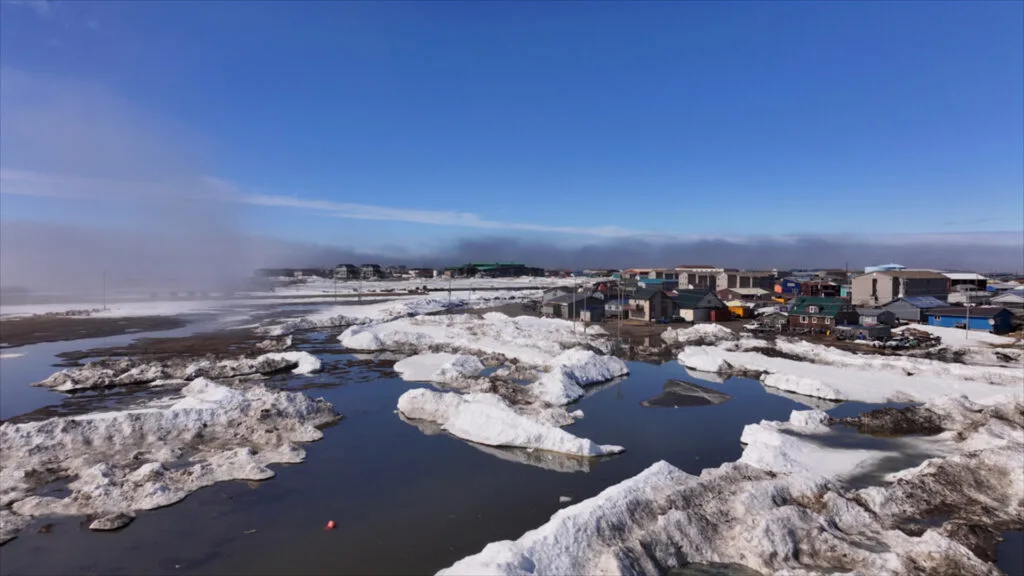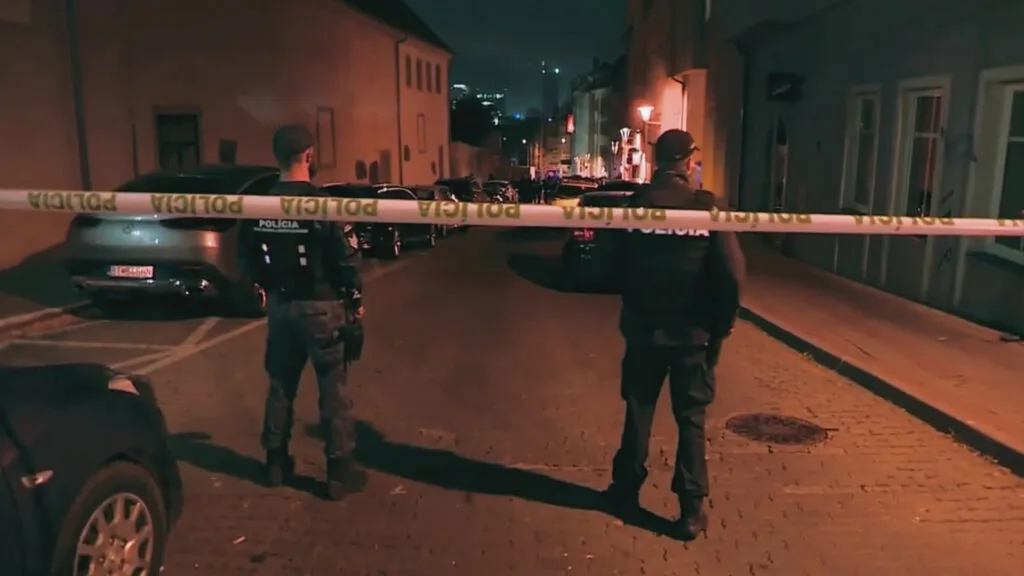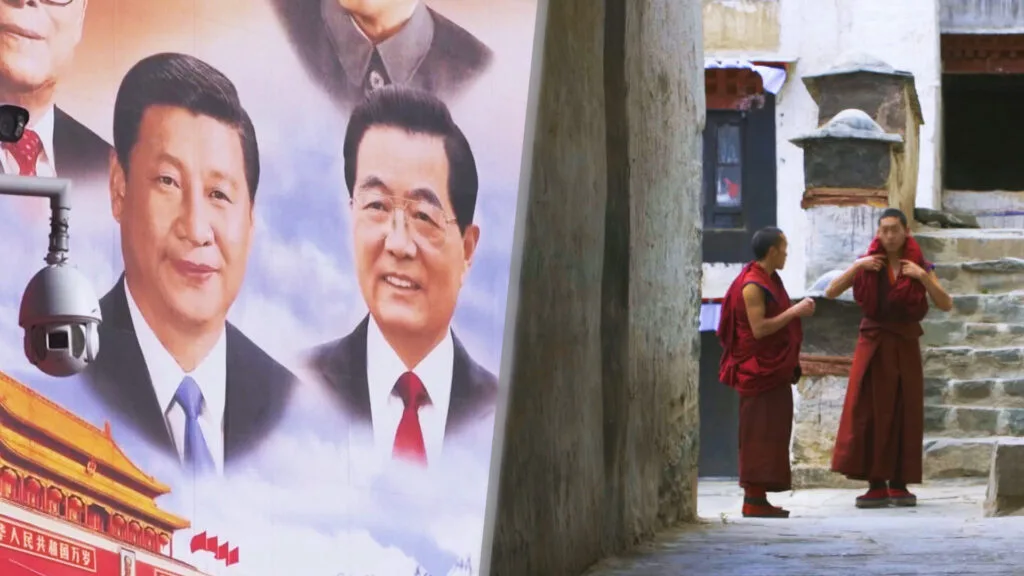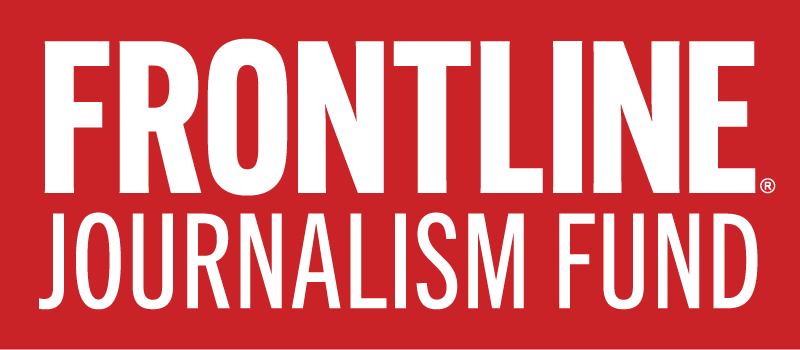On July 18, FRONTLINE and The New York Times Explore Life on Parole

July 7, 2017
Share
Premiering on PBS and online: Tuesday, July 18, 2017, at 10 p.m. EST / 9 p.m. CST pbs.org/frontline/life-on-parole www.facebook.com/frontline | Twitter: @frontlinepbs #frontlinePBS Instagram: @frontlinepbs | YouTube: youtube.com/frontline Tumblr: frontlinepbs.tumblr.com
Around half of all the inmates put on parole in the U.S. end up violating the terms of their release and are sent back to prison. But across the country, states are trying to change the way their parole systems work in an effort to lower recidivism rates and reduce prison populations.
On Tuesday, July 18, in a new documentary called Life on Parole, FRONTLINE and The New York Times go inside one state, Connecticut, to examine its ongoing effort to rethink parole: a condition that offers a taste of freedom but comes with strict prohibitions on whom you can live with, where you can go, what time you have to be home and more.
“Most people who are in prison in America will one day be released on parole,” says Matthew O’Neill, the Oscar®-nominated and Emmy®-winning director of Life on Parole. “And as Connecticut brings its prison population down and attempts to give parolees more chances to succeed, we wanted to see if the experience of the parolees reflected these changes.”
With unique access inside Connecticut’s corrections system, as well as camera-phone footage filmed by the parolees themselves, the film follows four former prisoners as they navigate the challenges of more than a year on parole — from finding work, to staying sober, to parenting — and doing it all while under intense supervision from the state:
- Jessica Proctor, who spent nearly a decade in jail for assault with physical injury, and is now on parole for five years. She’s enrolled in a certified nurse assistant training program and trying to reconnect with her son, but she still struggles with the strict rules of her parole sentence. “Some people think that being on parole [means] you’re free,” she says. “You’re not.”
- Rob Sullivan, who struggles with addiction and has cycled in and out of prison since 1992 on charges ranging from drug possession to assault. He struggles with the pressures of life on the outside. “It’s cheaper for me to buy a beer some nights for two bucks and forget about all my problems,” he says. But he regrets the years he’s missed of his young daughter’s life: “There’s only one way to make it up to her, and that’s by changing.”
- Vaughn Gresham, who was arrested for the first time at age 16, and sent to prison at age 18 for robbery. Released to a halfway house and serving seven years of special parole, he’s chafing at the restrictions being put on him. “Parole is a noose that you either loosen or tighten yourself,” he says. “That noose is always gonna be there.”
- Erroll Brantley, who is struggling with heroin addiction and has cycled in and out of prison since 1999 on charges including burglary, larceny and drug possession. He is put on parole for the first time — and is forbidden from being in contact with his girlfriend, who is considered a “prior victim” by officials despite her protests. “I understand that the parole officers, they have to do what they have to do,” he says, “But I was happy. I was home … I just wanted to stay close to the people that I love and feel protected.”
Mike Lawlor, one of the architects of the changes in Connecticut, tells FRONTLINE, “It’s not unusual for parolees to come back once or twice once they’re out. They didn’t commit a new crime, but they’re violating the rules of their supervision. We’re trying to figure out ways to help these offenders succeed.”
The film also follows the parole officers. “I make a living on second chances — that’s what parole is,” says Officer Katherine Montoya. “The whole point of this exercise is for the offender to learn to do the right thing on their own.”
More than two years in the making, Life on Parole is a remarkable, firsthand look at why some people stay out of jail, why some go back, and how one state is trying to break the cycle of recidivism. The collaborative reporting effort will also include text stories, video pieces and interactives in The New York Times.
Credits
Life on Parole is a FRONTLINE production with DCTV in collaboration with The New York Times and Purple States. The producer, director and writer is Matthew O’Neill. The co-producer is Jeff Arak. The senior producer is Frank Koughan. The executive producer for FRONTLINE is Raney Aronson-Rath.
About FRONTLINE
FRONTLINE, U.S. television’s longest running investigative documentary series, explores the issues of our times through powerful storytelling. FRONTLINE has won every major journalism and broadcasting award, including 82 Emmy Awards and 20 Peabody Awards. Visit pbs.org/frontline and follow us on Twitter, Facebook, Instagram, YouTube, Tumblr and Google+ to learn more. Founded in 1983, FRONTLINE is produced by WGBH Boston and is broadcast nationwide on PBS. Funding for FRONTLINE is provided through the support of PBS viewers and by the Corporation for Public Broadcasting. Major funding for FRONTLINE is provided by The John D. and Catherine T. MacArthur Foundation. Additional funding is provided by the Ford Foundation, the Park Foundation, the John and Helen Glessner Family Trust and the FRONTLINE Journalism Fund with major support from Jon and Jo Ann Hagler on behalf of the Jon L. Hagler Foundation. Additional funding for Life on Parole is provided by the W.K. Kellogg Foundation and The John D. and Catherine T. MacArthur Foundation.
Press Contacts | Patrice Taddonio, Patrice_taddonio@wgbh.org, 617.300.5375 Anne Husted, anne_husted@wgbh.org
Latest Documentaries
Policies
Teacher Center
Funding for FRONTLINE is provided through the support of PBS viewers and by the Corporation for Public Broadcasting. Additional funding is provided by the Abrams Foundation; Park Foundation; the John D. and Catherine T. MacArthur Foundation; and the FRONTLINE Journalism Fund with major support from Jon and Jo Ann Hagler on behalf of the Jon L. Hagler Foundation, and additional support from Koo and Patricia Yuen. FRONTLINE is a registered trademark of WGBH Educational Foundation. Web Site Copyright ©1995-2025 WGBH Educational Foundation. PBS is a 501(c)(3) not-for-profit organization.






